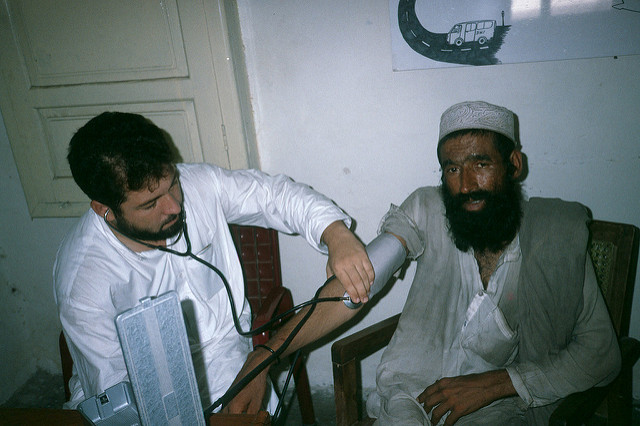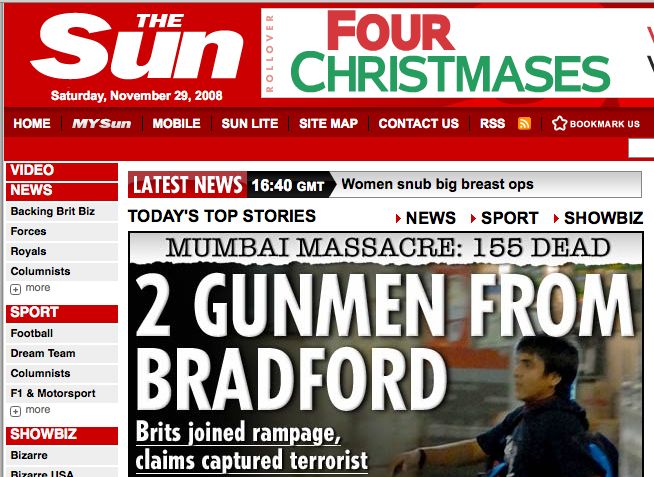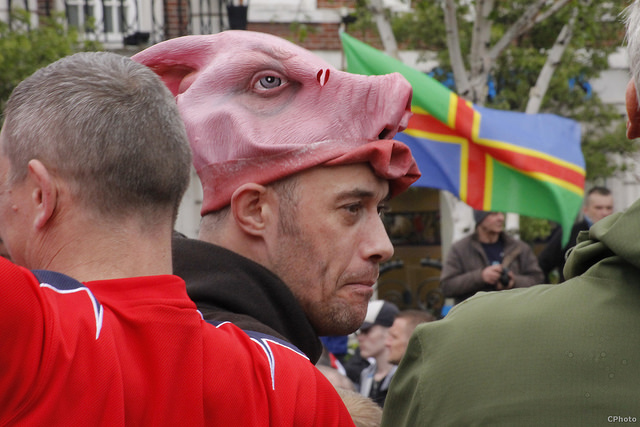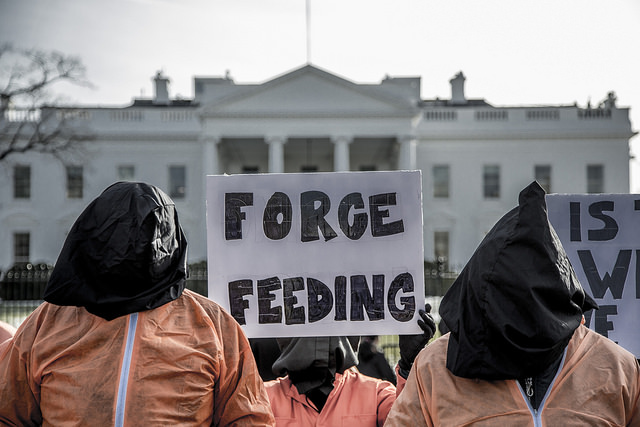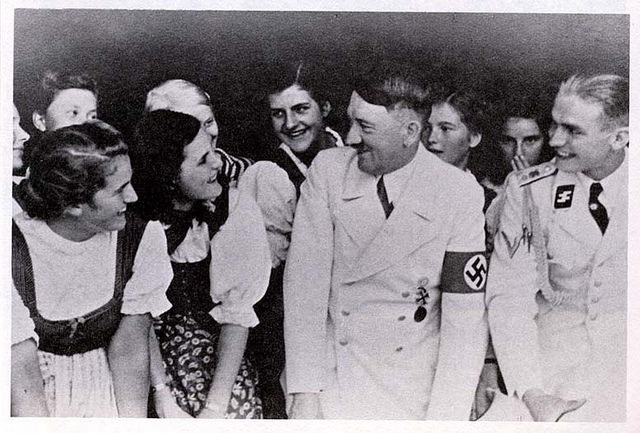Since 9/11, Western security services have obsessed over jihadism, creating a new cadre of self-appointed experts on Islamic militant groups like the Pakistani Taliban. Unfortunately, most of it cannot be taken seriously, due to its overt racism and Islamophobia. How can we correct this? (More…)
Reads
After Doug Henwood’s My Turn, you’ll be well equipped to go up against liberals desperately circling the Hillary wagon right now. It’s strength is partly that it doesn’t require you to support a particular candidate. You just have to harbour suspicions about Hillary Clinton’s record. And the prospect of a Clinton dynasty does not inspire much enthusiasm. (More…)
It is human nature to wish to ease pain and to stimulate ebbing vitality. There is no normal adult who, experiencing severe pain or sorrow or fatigue, and thoroughly appreciating the immediate action of an easily accessible opiate, is not likely in a moment of least resistance to take it. (More…)
When we consider a country from a politico-economic standpoint, we begin with its population, then analyze the latter according to its subdivision into classes, location in city, country, or by the sea, occupation in different branches of production; then we study its exports and imports, annual production and consumption, prices of commodities, etc. (More…)
If the BBC sets the agenda for the media, then the right-wing tabloids play the role of court provocateurs. The written word is traditionally more partial than television news in the UK. So the tabloids are still defined by the BBC, as they rail against it. This is the irony behind the talk of a ‘left-wing’ bias. Even still, Britain’s tabloids have become notorious for their news coverage. (More…)
On January 30th, we joined anti-fascist demonstrators in confronting far-right groups, including the National Front, the Southeast Alliance, Combat 18, and the Scottish Defence League, as they marched in Dover. We ended up being confronted by brutal violence, that was easy to rationalize, in the context of the British government’s incitement against migrants and refugees, and its fiscal policies. (More…)
But the war goes on; and we will have to bind up for years to come the many, sometimes ineffaceable, wounds that the colonialist onslaught has inflicted on our people. That imperialism which today is fighting against a true liberation of mankind leaves in its wake here and there fissures of decay which we must search out and mercilessly expel from our land and our spirits. (More…)
It’s been just over 40 years since the Trilateral Commission issued their landmark report, The Crisis of Democracy: On the Governability of Democracies. Although the commission (which still exists) has become, in practical terms, fodder for the paranoid fantasies of fringe groups like the John Birch Society, in the 1970s, it was not always so. (More…)
“Mom, imagine Fabi is lost somewhere in the city. He is hiding near the dumpster, and a policeman named Jeremy finds him and takes him to the station. “So, where do you live? Mr.… Fabi, your name tag says! Let’s try and call your mom. Sit here and wait, and don’t make any prank calls.” (More…)
A former academic colleague used to complain that people who wrote about Heidegger invariably ended up writing like Heidegger. This is not entirely fair to Heidegger scholars (although not entirely unfair either). Peter Trawny’s recently translated Freedom to Fail: Heidegger’s Anarchy affirms the legitimacy of both complaints. This is, in fact, the first of Trawny’s works that I have read in translation and, oddly enough, it is the one that I feel like I understand the least. (More…)
Tzvetan Todorov’s The Inner Enemies of Democracy wants to use the accumulated wisdom of the West to address a modern problem. In this particular case, the problem is that, although democracy has become the lingua franca of the West, there are dynamics internal to it that have the potential to vitiate the progress that has been made towards more humanistic social orders. (More…)
Camus’ writings deal intensely with the problem of death; suicide in Myth of Sisyphus (1943), and the death of others in L’Homme Révolté (1951). For Camus, the issue is that humans have no direct experience of death, but it remains their only certainty, and shapes their existence. (More…)


